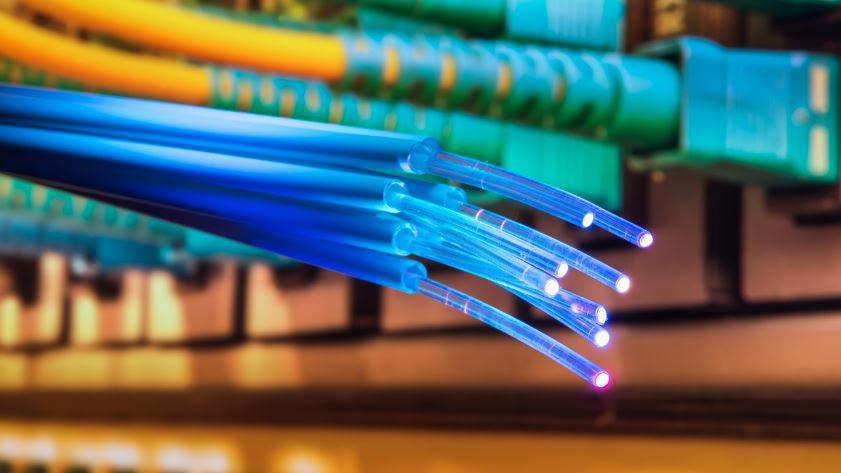Impact of fibre optic cables on vulnerable in Guernsey to be assessed

- Published
The impact of moving to fibre optic phone cables on vulnerable people will be assessed by a regulator.
The Guernsey Competition & Regulatory Authority (GCRA) has launched a consultation to ensure reliable access to the emergency services remains as the island's infrastructure is developed.
Currently landline phone services are delivered by copper wires powered by local telephone exchanges.
In the event of a power failure, these services will still work.
However, fibre optic cables carrying both phone and internet services will not, as they rely on the power from the home or building which they connect to.
The GRCA said the consultation hopes to explore what measures may need to be introduced to mitigate any negative impacts.
It will particularly focus on the "most vulnerable in society because they rely solely on their landlines or are more likely to need emergency assistance," the regulator said.
Any change to telecommunication services or to the quality or availability of them in Guernsey must be approved by the GCRA.
Michael Byrne, CEO of GCRA, said: "Transition from copper to fibre telecoms networks won't be unique to Guernsey, it is happening all over the world, and we can draw from experience in those jurisdictions, so a number of solutions already exist and have been tested.
"But we are keen to create a solution which best fits the Guernsey context that strikes a proportionate balance between cost, progress and the protection of life and health."